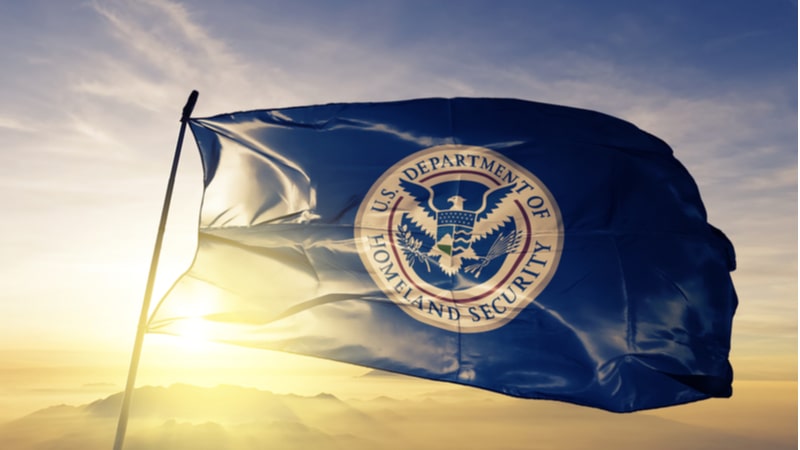
The Department of Homeland Security (DHS) has formalized changes to its federal immigration database, expanding its purpose to include voter registration and verification for both noncitizens and U.S. citizens.
Posted to the Federal Register on Oct. 31, the overhaul of DHS’s Systematic Alien Verification for Entitlements (SAVE) system adds data on U.S.-born citizens and explicitly authorizes its use for voter registration and voter list maintenance.
SAVE is a system used by DHS to verify the immigration and citizenship status of applicants for public benefits and licenses.
Previously, SAVE only included information on noncitizens and naturalized citizens. According to U.S. Citizenship and Immigration Services (USCIS), some states have already used the database to verify 33 million voters’ citizenship status using the last four digits of voters’ Social Security numbers.
DHS said the update authorizes collecting additional identifiers – including full Social Security, driver’s license, and U.S. passport numbers – and allows that data to be shared with other agencies such as the Social Security Administration and the Department of Justice for cross-verification.
The update also eliminated transaction feeds for state, local, tribal, and territorial agencies that want to use SAVE.
DHS’s SAVE system also provides access to biometric data maintained by USCIS. That database was recently expanded to include information on children under 14 and U.S. citizens involved in visa or immigration processes.
“DHS effectively collapsing different government databases into one is a privacy and practical disaster,” said Isabel Linzer, elections and democracy fellow at the Center for Democracy and Technology, in a statement.
“Expanding the uses of the SAVE database, and the information it contains, increases the likelihood of unacceptable risks, such as disenfranchising voters and pursuing immigration enforcement based on outdated or incomplete information,” she said, adding that DHS’s expansions “also risk stoking baseless fears about voter fraud that make our elections less trusted and less safe as we head into consequential midterms.”
The department’s moves to expand search criteria and permit bulk searches aligns with priorities of the Trump administration. President Donald Trump and other Republicans have claimed that large numbers of non-U.S. citizens influenced the 2020 and 2024 presidential elections.
However, recent research from The Center for Election Innovation and Research found that while noncitizen voting does happen rarely, “even the largest claims … never allege numbers that are more than a few tenths of a percent of the number of eligible voters in the state.”
